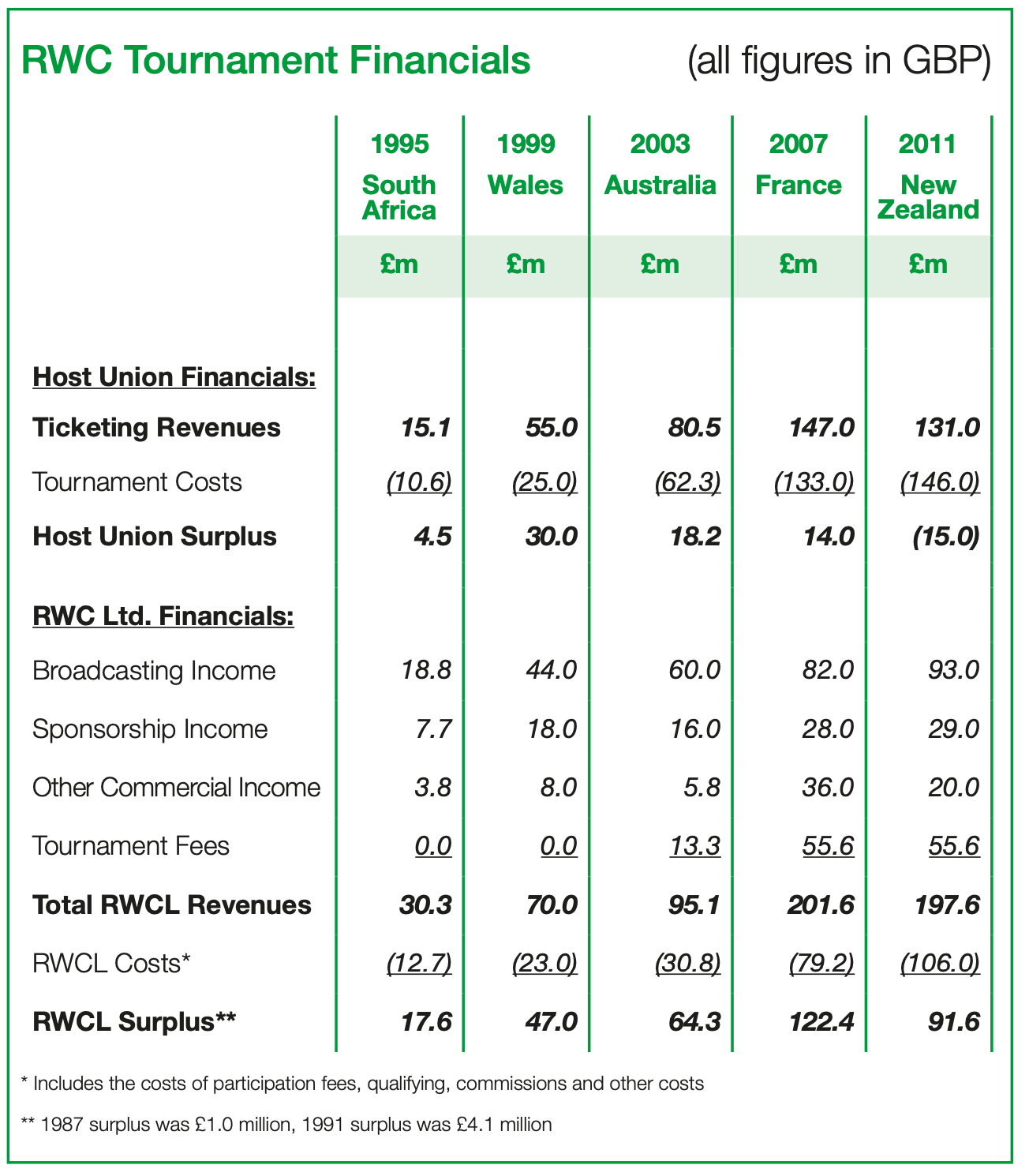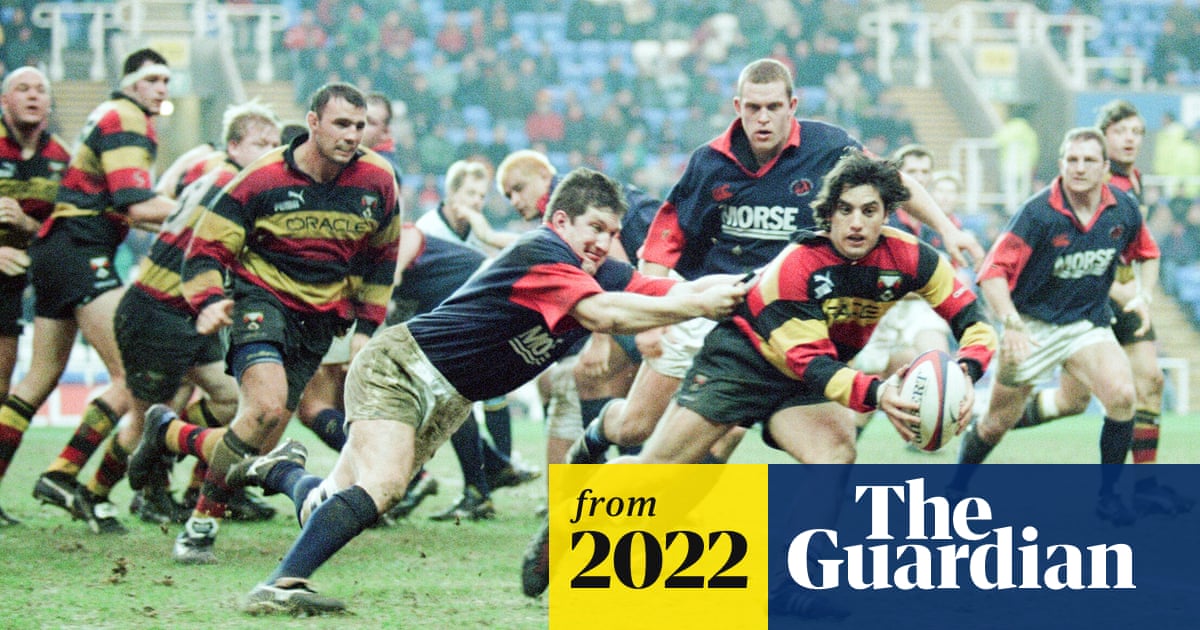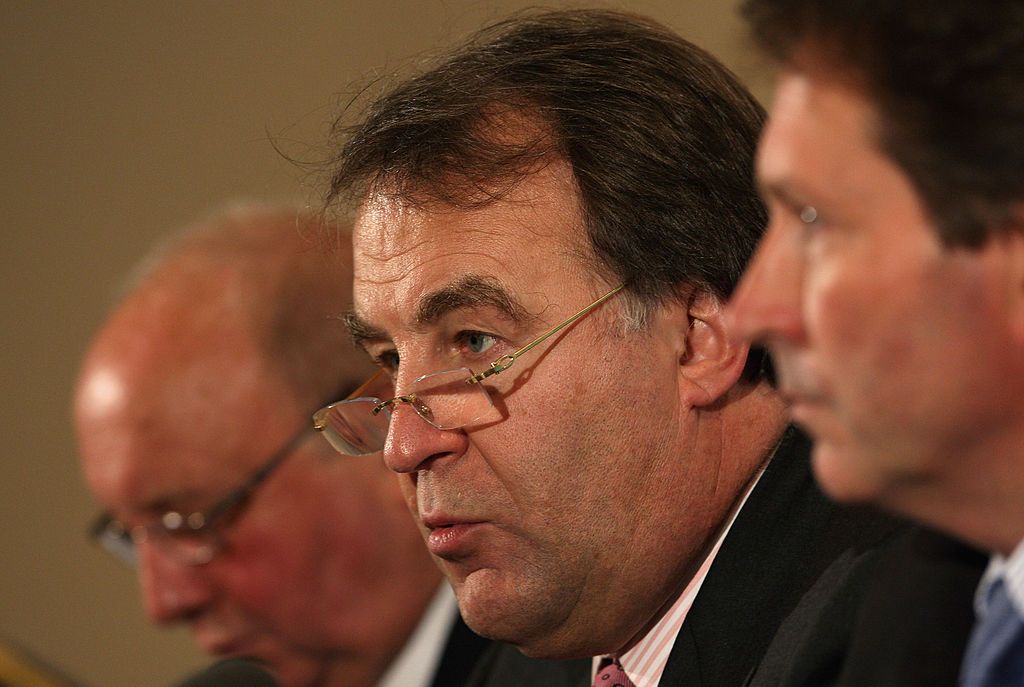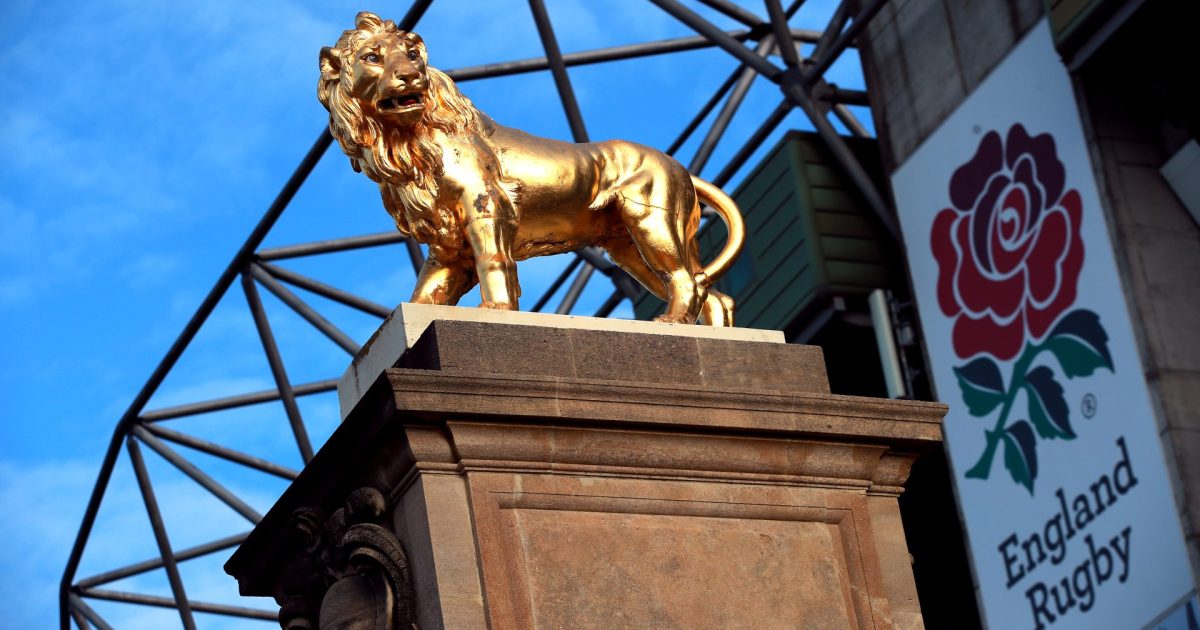Rugby Finances
-
Another thing I was interested in was the profit of the 2019 Japan RWC.
As there hasn't been any proper reporting on it yet. Just the 'fluff' reporting like how much economic activity it generated for the nation etc. Not how much profit for JRFU and WR.
Cynically, I'm thinking they want to bury it a bit.
Because even though it was a fantastically successful tournament both on the field, and economically, as it didn't surpass the previous tournament financially (even though this was expected and budgeted for), it doesn't get printed/celebrated.
The above table shows WR financials, not RWCL.
WR expected the higher costs of running a tournament in Japan meant that it wouldn't be as profitable as 2015 in England.
But, are they trying to hide that it wan't even as profitable as 2007? and not much up on 2011?
Question is, do the 'running costs' of the tournament include the tournament participation fees? (which were separated out in 2007 reporting, but.are buried within in 2011, 2015, 2019. Are these fees now reported under grants our tournament expenses?). The numbers trends suggest they are under grants.
Because an increase in running costs due to higher participation fees (mostly to tier 1 unions) moving money about within the sport, is an entirely different kettle of fish to higher costs due to cost of living/doing business in Japan.
-
The 'danger' of what I am doing above - is I am using WR financials and trying to extrapolate RWC financials.
In one of the WR annual reports, they have this table. But only goes up to 2011. Showing specific RWCL figures.
In here they have included participation fees as part of tournament costs.So from earlier table. in 2007 the participation fee was reported as 32m, and this table shows tournament costs (which include this fee) of 79.2m

RWC Tourn Financials -
would it be a completely crazy idea of NZR to buy Wasps or at least a decent share, potentially rotating NZ players who could do with some development in a different comp or sabbaticals
-
@Kiwiwomble said in Rugby Finances:
would it be a completely crazy idea of NZR to buy Wasps or at least a decent share, potentially rotating NZ players who could do with some development in a different comp or sabbaticals
You don't need the risk of owning shares to have an agreement with a club
Not sure how much came out of it, but NZR had an agreement with Harlequins to share info give experience to coaches/young players etc.
-
Initially Harry Plummer spent one summer training up there. Marchant had a season in NZ
I don't think much has happened in recent years though
Japanese teams have become more attractive and probably replaced what they wanted from Quins. The season is at a good time and not too arduous, there's good relationships with several coaches etc
-
Didn't realise that Brad Shields had scored a job teaching others how to drop the ball.
-
@Bovidae Most of the former All Blacks they had last season in Jeff To'omaga Allen (Ulster), Malakai Fekitoa (Munster) and Vaea Fifita (Scarlets) were cut at the end of last season to trim the Wasps wage bill as they would presumably be fairly high on the pay scale. Jimmy Gopperth (Leicester) similarly departed hurriedly at the end of last season. Simply solution chaps - live within your income!
-
The other day, I saw a post on reddit - which was one of those instagram images of the Glasgow Warriors squad for their 2 matches ('tour') of South Africa for their 2 rounds of URC matches.
It was a 35 man squad.
Back in 1996 when Super 12 was set up.
A match day squad was 21, not 23 like today. And a touring squad was 26 players, not 35.
Also back then, a Kings Park or Loftus etc would get 40,000 minimum spectators per match, Not 10 or 15k.
And salaries ....So, I don't hold much hope for URC as a long term thing, never have tbh. Not involving South Africa anyway.
But, the other thing. Modern scrum rules, and front-rower replacement rules ... limits professional rugby as a viable product. (It also decimates amateur club rugby's abilities to put out teams)
If you look at a professional club's page on wikipedia, and then go to the 'current squad' section. Those clubs have approx 25 to 30% of their roster made up of front rowers. (tbf they make up 20% of a starting XV but an unescesary 38% of the bench)
I remember when we used to laugh at front rowers as being dumb oafs, but they've cornered the rugby players market.
-
He said: “It is no longer possible to justify, in my view, the continued large and unaffordable RFU grant funding to PRL. PRL is no longer an organisation solely of RFU Member Clubs. It is now an organisation which is 27 per cent owned by CVC Capital Partners, a global financial giant with assets under management of US$118 billion. It is therefore now wholly inappropriate for the RFU providing grant funding to benefit, in part, that 27 per cent shareholder who is not an RFU Member.
“The alternative, if PRL do not accept the changes, is for the (EPS) players to have RFU central contracts (as in the ECB) with the clubs paying the RFU a pro rata share of the annual salaries of the EPS players under these central contracts based on the number of days the EPS players spend on Club duty, i.e. reversing the current arrangements.
“The RFU should, of course, continue to pay the agreed international match fees and bonuses to EPS players but these should in future be paid direct to the players and not via their clubs who could end up in administration and not pay on those fees on to their players.”
Suppose ... Bit of a giveaway that this is an element of former CEO shouting at the wind, is the part about: It is inappropriate for the RFU providing grant funding to benefit of CVC.
The 6 nations. E.g.of which RFU is part owner, has also sold part of their product to CVC.
-
Baron’s figures show that :
-
Over the period 2012 to 2019 the RFU made a cumulative net loss of £73.4m (excluding the one-off ‘ring fenced’ £26m RWC2015 profit). This compares on a like-for-like basis with cumulative net profits being made over the same period by the WRU of £9.6m, SRU of £7.7m and the IRFU of €53.4m.
-
The total net debt (debentures plus bank loans less cash balances) of the RFU over the same period increased from £131m to £250m, a rise of £119m. In comparison the WRU’s total net debt fell by £19.8m, that of the SRU fell by £14.3m and that of the IRFU fell by €83.1m.
-
The investment in professional rugby by the RFU between 2012 and 2019 has totalled £417m. The comparative figure for the WRU is £190m, the SRU is £195m and the IRFU £250m.
-
-
@Machpants said in Rugby Finances:
@Rapido house of cards
The brain injury link to impact should be in here too... That's going to hit finances very very soon with lawsuits and feeding the base of the pyramid. Scary stuff
-
TV rights for the Champions Cup have fallen from 30 million Euros to 14 million in France for 2022-2026.
Some google translate:
The lack of competition on the French market explains this discount in particular, beIN Sports being the only paying player truly interested, unlike the call for tenders of the previous cycle, organized in 2017
During the previous cycle (2018-2022), the EPCR had negotiated the rights to its main European Cup at €30 million per season (24 million paid by beIN and 6 million by France Télévisions)
Looks like the UK and Ireland TV rights were also renewed earlier this month, but no mention of $$ in the press. So assume good news, or rather approximate status quo news - in that market. Nothing to report ... either way.
-
Federation Olympic television shares for Rio and Tokyo revealed
Once held in tight secrecy, the amount of money distributed to the summer Olympic sports federations for the 2016 Rio Games and the 2020 Tokyo Games (held in 2021) was published on Wednesday by the Association of Summer Olympic International Federations (ASOIF).
ASOIF has undertaken a heavy effort to encourage good governance and transparency and the publication of the Olympic television shares is a show of good faith.
The International Olympic Committee does not decide how much money each federation receives from each Games. The IOC does determine the total amount of money from the television rights sales from each Games that is to be allocated to the International Federations, and then that amount is divided among the ASOIF members according to an internal agreement.
The distribution percentages were the same for Rio 2016 and Tokyo 2020, and the ASOIF decided on the current distribution process in 2013, based on a recommendation from the IOC on five tiers of classification for the sports based on their popularity during the Games. For Rio and Tokyo:
● Group A: $39.48 million to World Athletics and $31.36 million each to FIG (gymnastics) and FINA (aquatics).
● Group B: $24.45 million each to 5 federations: FIBA (basketball), FIFA (football), FIVB (volleyball), the International Tennis Federation, and the Union Cycliste Internationale.
● Group
 $17.31 million each to 8 federations: BWF (badminton), World Rowing, the International Judo Federation, ISSF (shooting), ITTF (table tennis), IWF (weightlifting), World Archery, and boxing (AIBA-IBA). The IOC has withheld the payment of the Tokyo allocation to the IBA, as it was on suspension for the Tokyo Games.
$17.31 million each to 8 federations: BWF (badminton), World Rowing, the International Judo Federation, ISSF (shooting), ITTF (table tennis), IWF (weightlifting), World Archery, and boxing (AIBA-IBA). The IOC has withheld the payment of the Tokyo allocation to the IBA, as it was on suspension for the Tokyo Games.● Group D : $15.14 million to 9 federations: FEI (equestrian), FIE (fencing), FIH (hockey), the International Canoe Federation, IHF (handball), World Triathlon, United World Wrestling, World Sailing and World Taekwondo.
● Group E: $12.98 million to 3 federations: UIPM (modern pentathlon) and to the two new federations for 2016, the International Golf Federation and World Rugby.
The distribution was based on a total of $540.29 million provided by the IOC; the same amount is also set aside to support the National Olympic Committees through its Olympic Solidarity program.
-
re: above.
That olympic payment computes for 2016. But it contradicts expected 2020 amounts according to this article from 6 months ago quoting WR CEO:
but the deferral of revenues from the postponed Tokyo 2020 Olympics was also felt keenly. In a recent interview with the Financial Times, World Rugby chief executive Alan Gilpin said that sevens’ Olympic appearance would bring in between $30 million and US$40 million to the game.



